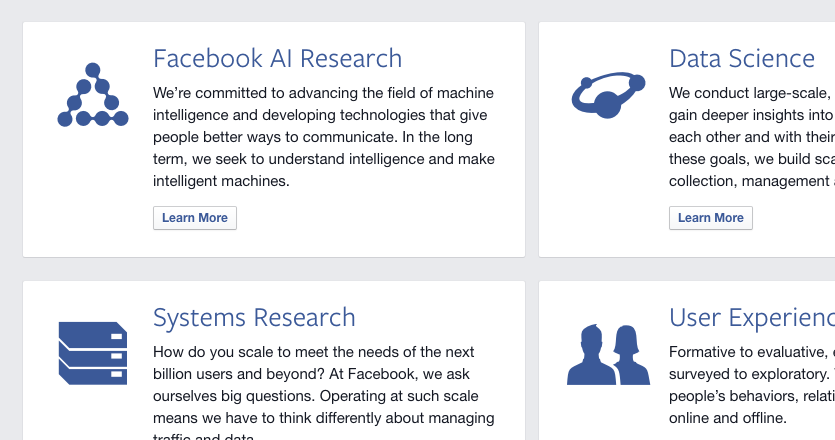Public Relations and Mass Culture: Social Media Experimentation
At the core of Bernay’s original ideas about public relations, is the claim that large societies (like ours) cannot sustain themselves without there being some agent who manages the follow and content of communication and information. At the end of last class, I made the argument that there are new groups who play this role, less focused on content and more focused on sorting information. Two examples that I talked about were Facebook and OKCupid. To follow up on the discussion from last class, there are a few things that I wanted to share with you.
The first of these is the documentary, “Century of the Self” (Adam Curtis, 2002). This is only the first episode, but the other episodes are also widely available online. It provides a good overview of the emergence of mass democracy, public relations and the way that it intersects with social theory. Note the emphasis on keeping people “happy”, as it brings us to our next example….
I also wanted to share some information about the “experiments” being held on various social media platforms.

Screenshot from Facebook’s Research Page.
For those of you that missed the presentation in class, here are a few articles about the revelations of experiments last year:
Facebook Tinkers with Users’ Emotions in New Feed Experiment, Stirring Outcry (New York Times, June 29, 2014)
Facebook Policy Head says Emotion Experiments were ‘Innovative’ (Guardian, July 2, 2014)
Ok Cupid Plays with Love in User Experiments (New York Times, July 28, 2014)
Ok Cupid Experiments are standard ‘scientific methods’, says Founder (Guardian, August 3, 2014)
I also wanted to include this blog entry that has gathered together both the paper itself, the approval process and a good selection of commentary that circulated afterwards.
To bring the story up to date, the day after we spoke about this in class, Facebook made an announcement that it would be changing its approach to such large scale experimentation. It’s important to note that there is no mention that Facebook will cease to experiment on users, only that they will be more careful in future (also, that you will be able to follow the experiments they make public along with a variety of other research initiatives they are engaged in here.)